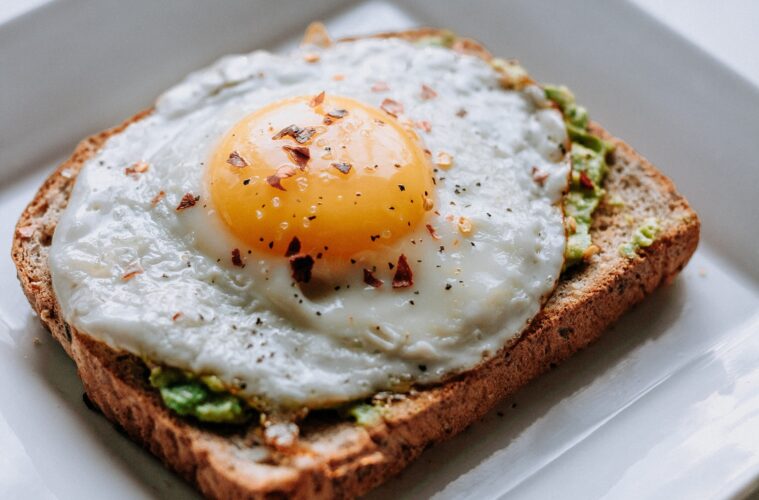Nutrition expert reveals the ultimate breakfast guide for early morning gym-goers
While not everyone is a ‘morning person,’ the early morning is a great time to work out and can offer several valuable benefits. Fitness and nutrition expert Patrick Dale from Fitness Volt has revealed a useful guide on what to eat to fuel your morning workouts and maximise early-morning energy.
What are some suggested morning pre-workout meals and snacks?
Armed with the information above, you should have no problem selecting your early morning workout meals and snacks. That said, here are a few ideas to get you started:
- Ripe banana mashed onto toast with a little honey
- Cereal and low-fat milk
- Fruit smoothie made with soft fruit, low-fat yogurt, and protein powder
- A carb/protein energy bar or granola bar
- Scrambled egg whites and rice crackers
- Instant oatmeal and berries
- Bagel and turkey slices
- Toasted English muffin with low-fat cream cheese
- Toast and fruit preserve, plus a cup of low-fat natural yogurt
- Turkey and crackers
Ultimately, so long as your meal contains moderate to high carbs and a source of protein, it will provide your body with what it needs to power through your workout, even if those foods are not traditional breakfast foods.
How long before working out should you eat?
Ideally, you should consume your early morning training meal 30-60 minutes before you start training, as this will give the food long enough to start digesting. Make sure to save time by planning and preparing your morning workout meal the night before your workout.
Also, liquids digest more quickly than solids, so if you plan to train shortly after getting up, it may be better to drink rather than eat your pre-workout meal.
Pro tip: Make sure what you eat the night before is also a pre-workout meal
Even a great pre-early morning workout meal will not make up for not eating correctly the night before. Eating a nutritionally complete meal a few hours before bed will help fuel muscle recovery and growth and ensure you wake up with good levels of muscle glycogen. Your early morning pre-workout snack should top up your already high levels of glycogen and glucose.
Carbohydrates
When you eat carbohydrates, they are broken down into glucose which acts as an immediate source of energy, and any surplus is converted to and then stored as glycogen. As glucose and glycogen are needed to power you through your workout, carbohydrates should be the cornerstone of your pre-early morning workout meal.
Because there will not be much time between getting up and starting your workout, you need fast-acting and easy to digest carbs. This means you should choose foods that rank moderate to high on the glycemic index chart (1). The glycemic index chart ranks carbs from 1-100, with 100 being the fastest acting. Moderate to high glycemic carbs are digested easily and raise your blood glucose quickly.
Examples of moderate to high GI foods include:
- Dates
- Breakfast cereal
- White bread
- Ripe bananas
- White rice
Protein
While you can just eat carbs before training, some research suggests combining carbs with protein will have an even better effect (2). Consuming carbs with protein provides energy and can also help prevent muscle breakdown.
Avoid fatty foods
Fat is the most significant gastric inhibitor, which keeps food in your stomach for longer and delays digestion. As such, your pre-early morning workout meal should be very low in fat, not even healthy fats such as olive oil, flaxseed oil, or coconut oil. Also, avoid natural sources of fats, such as nuts and whole eggs.
Low fiber-foods
Fiber is part of most carbohydrate foods. However, while fiber is very good for you, like fat, it is also a major gastric inhibitor and best avoided in pre-early morning workout meals. Instead, look for more refined and naturally low-fiber foods, such as white bread instead of whole-grain bread.

